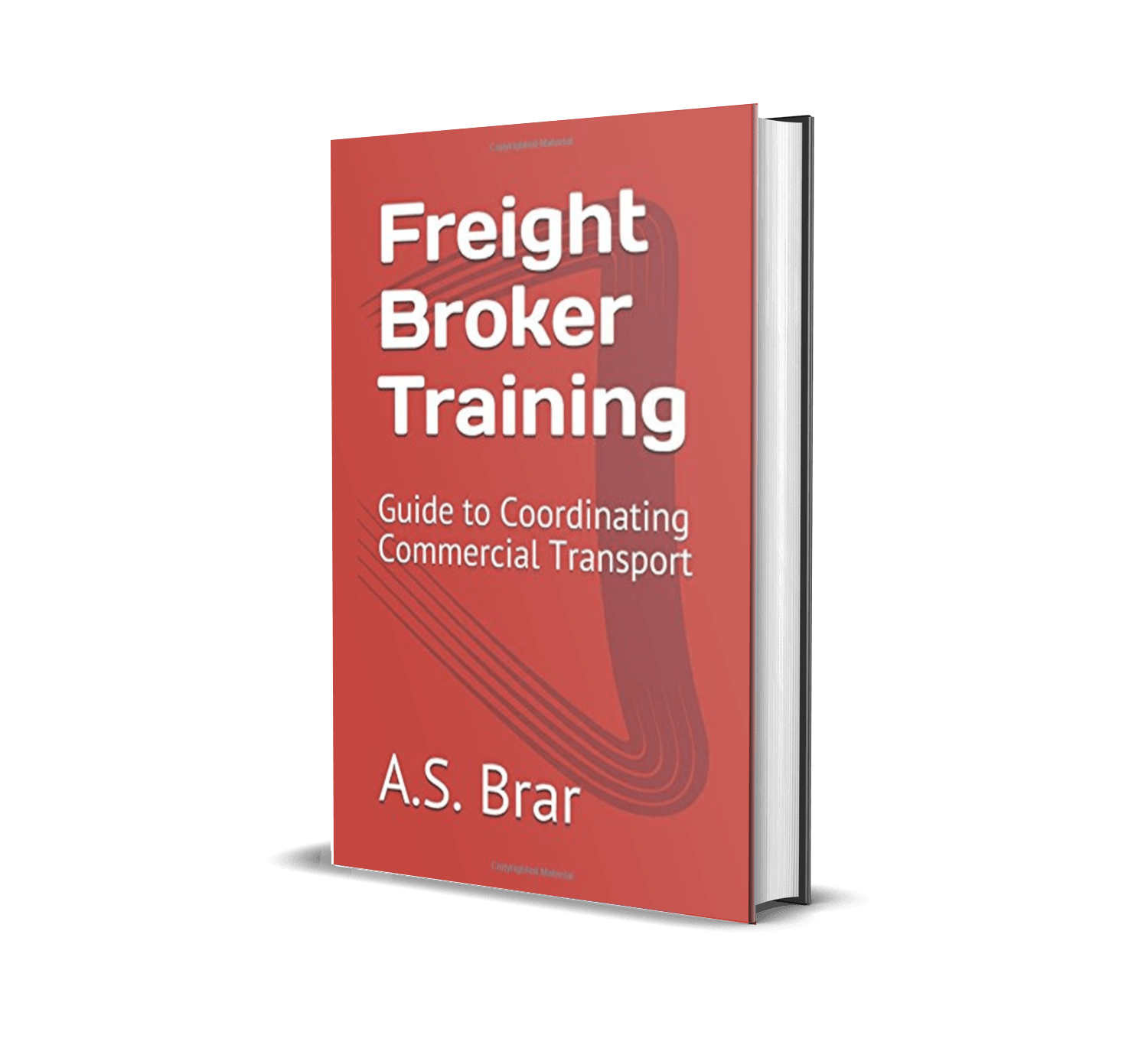A lease agreement is the focus of the business relationship between an owner operator and its motor carrier. The structuring and content of the lease agreement for a trucking owner operator will determine the type of legal and tax status implications that will apply.
This paper will discuss some of the necessary components a lease agreement should have and provide an overview of an ideal scenario for both the motor carrier and owner operator.
The benefits for a trucking company is that they will not need to pay pension plan and employment insurance contributions to the owner operator which can cost the motor carrier an estimated $500 monthly. This amount may include any workers compensation benefits that may have been paid but are not done so due to an independent contractor arrangement.
Outline the fact that the working arrangement is a contract for services. Here is a sample clause:
WHEREAS the Carrier is in the business of transportation of goods and commodities by heavy truck for hire.
AND WHEREAS the Contractor conducts business as an independent self-employed trucking contractor providing a transportation service and the required equipment and driver or drivers therefor;
AND WHEREAS the Carrier desirous of engaging the services of the Contractor to provide transportation service for purposes of its business and the Contractor is able to provide the same on the terms and conditions herein set forth in this contract for services;
WHEREAS the parties desire to enter into a business agreement with mutual covenants herein contained, the parties covenant and agree as follows:
The owner operator should be able to choose which route/lane they wish to make a trip for and can accept or refuse work. Owner operators should not be perceived or treated as subordinates of the company as they are considered self-employed individuals. How the actual work is performed should be at the discretion of the owner operator. For example, an owner operator should be permitted at their personal discretion to take whichever route they prefer to reach the end delivery destination even though they are paid for practical miles. Therefore, make a distinction within the lease agreement that owner operator is welcome to use a HUB miles system to operate their truck but will only be compensated for practical miles.
An independent contractor under most of the federal and state regulations requires the O/O signify a major investment in the tools and equipment along with the cost of replacement, repair, and insurance. This is due to the reason that self-employed independent contractors almost always supply tools and equipment required for a contractor. This is perhaps why some lease-purchase programs have been under scrutiny when the question of whether an employee-employer relationship exists arises.
Some lease agreements permit the owner operator to subcontract or hire assistants to haul freight in the event the primary operator is not available. Another feature a lease agreement should address is the ability of the owner operator to lease on additional trucks to the motor carrier. The following example is a clause that can work in this scenario:
Contractor is permitted to sub-contract or assign jobs to hired drivers of its respective registered business. Contractor is not permitted to broker jobs to any business that is not operated by the Contractor itself. The Contractor is required to notify the Company 24 hours in advance prior to the sub-contracting of a job.
Financials
It is best to pay owner operators as a percent of revenue or flat rate because it is the compensation method that demonstrates the highest degree of financial risk and independence. Fixed ongoing costs should be charged to the owner operator and they include insurance, administrative dispatch fee, and IRP license permits.
Escrow funds can be beneficial to the lease agreement for insurance and tax purposes especially if the escrow amount is required upfront. This demonstrates that the owner operator made a significant capital investment in the carrier’s business to secure the contract.
The first month’s fixed expenses should not be refunded to the owner operator and this is often the best scenario for the creation of an escrow fund.
It is also beneficial to list out the expenses that the lease operator is responsible for. These expenses can include sub-contractor wages, fuel, truck payments, maintenance, repairs, truck parking, and workers compensation.
The formal setup of the working arrangement should be a registered sole proprietorship.
Furthermore, be aware that some states and provinces have some variation of what’s called a Financial Responsibility (FR) certificate. An FR certificate is necessary to demonstrate the owner operator has adequate insurance to be able to conduct freight hauling in the applicable jurisdiction.
Any needed changes to the contract can be made through an amendment and the following clause can be written into the agreement:
Any change to this agreement shall be incorporated in an amendment and shall be attached and made part of this agreement in replacement or substitution for the previous clause without necessity of rewriting this agreement in its entirety.
The aforementioned information provides advice on how a lease agreement for trucking owner operator could be structured. For more information browse this site or contact us.




Hola bien día tengo dos preguntas sobre este tema, quisiera saber si me pueden ayudar
1- el operador propietario tiene que estar en el seguro de la compañía a la cual está suscrito en el léase o puede tener su seguro independiente.
2- como quedaría la cláusula de responsabilidad en caso de accidente para respaldar la compañía